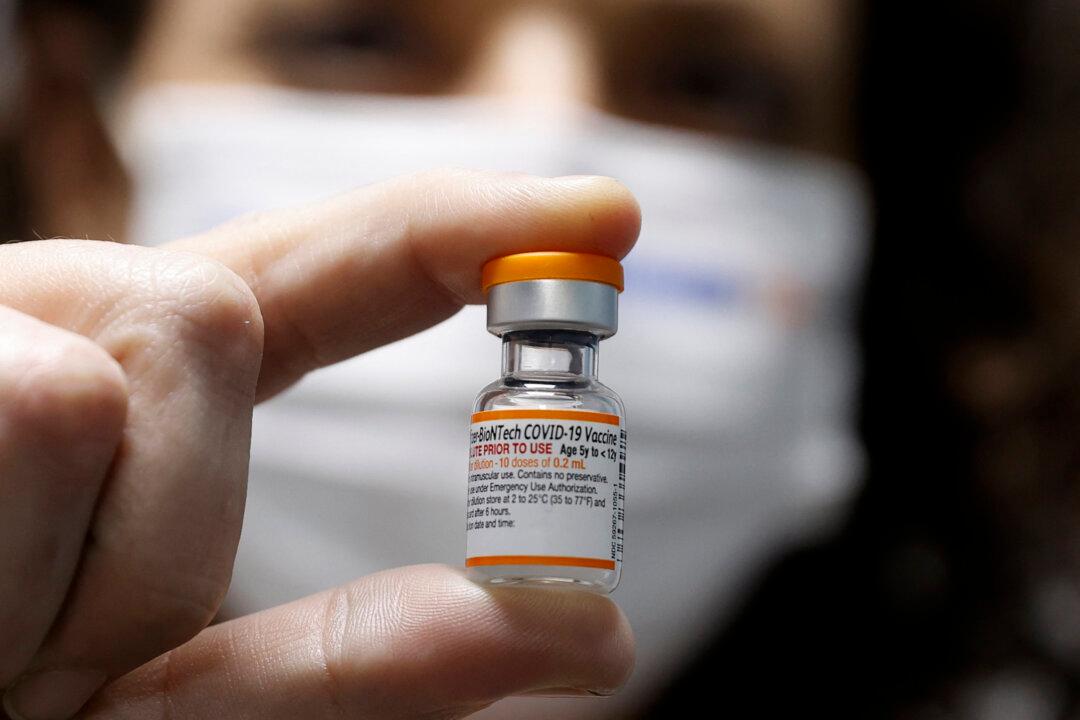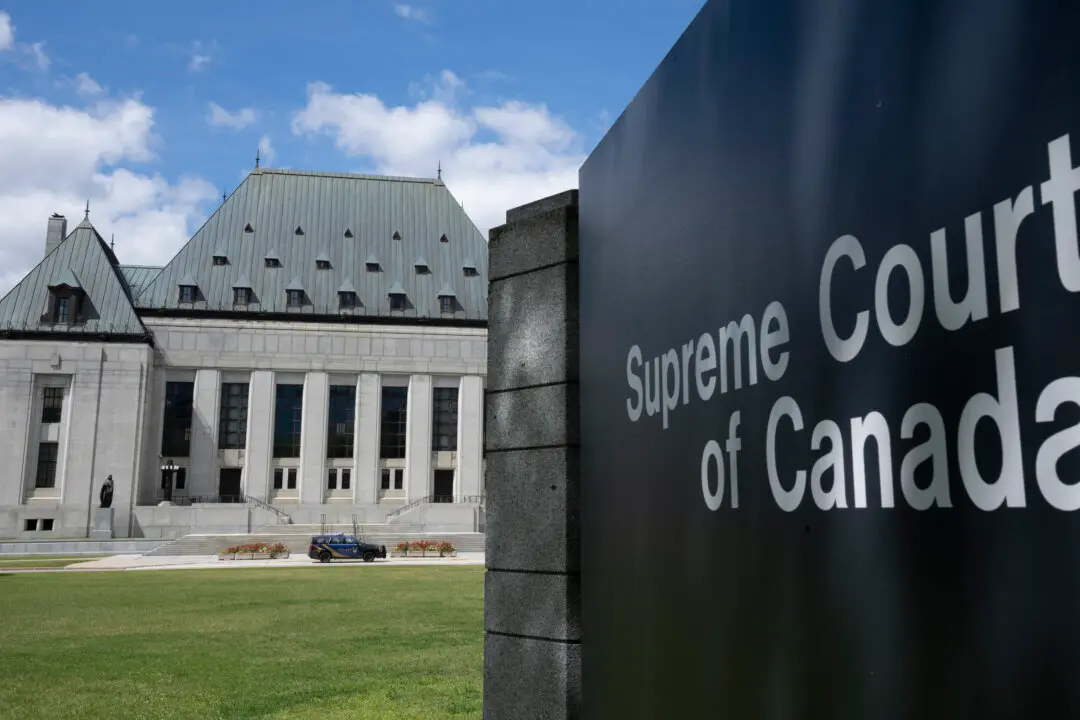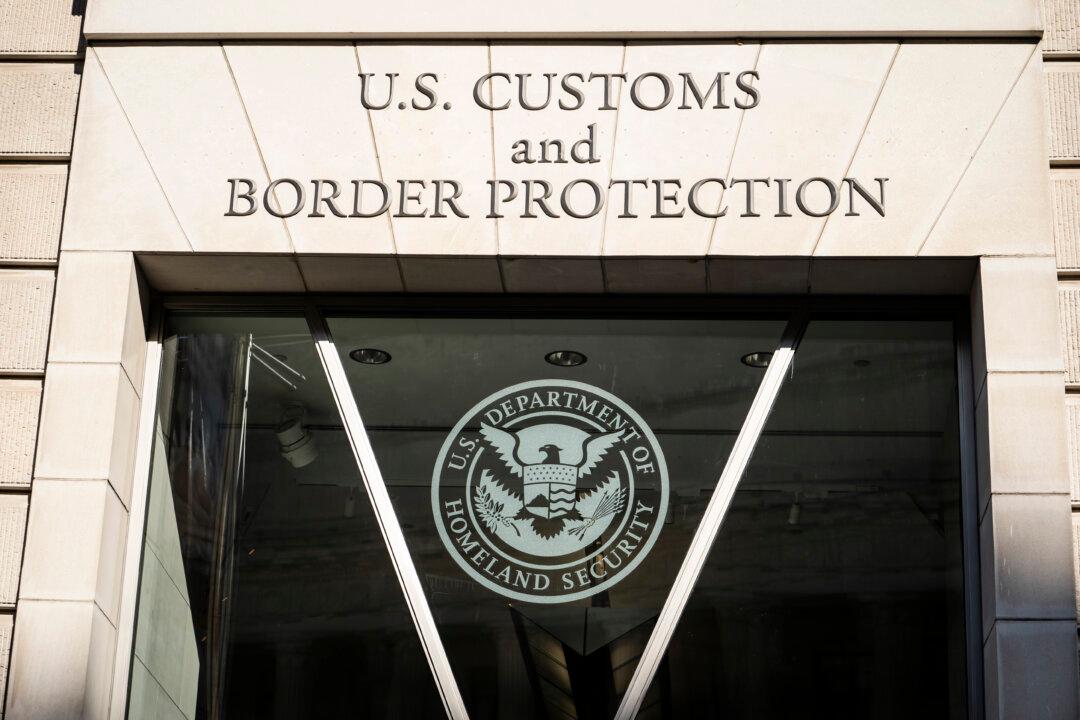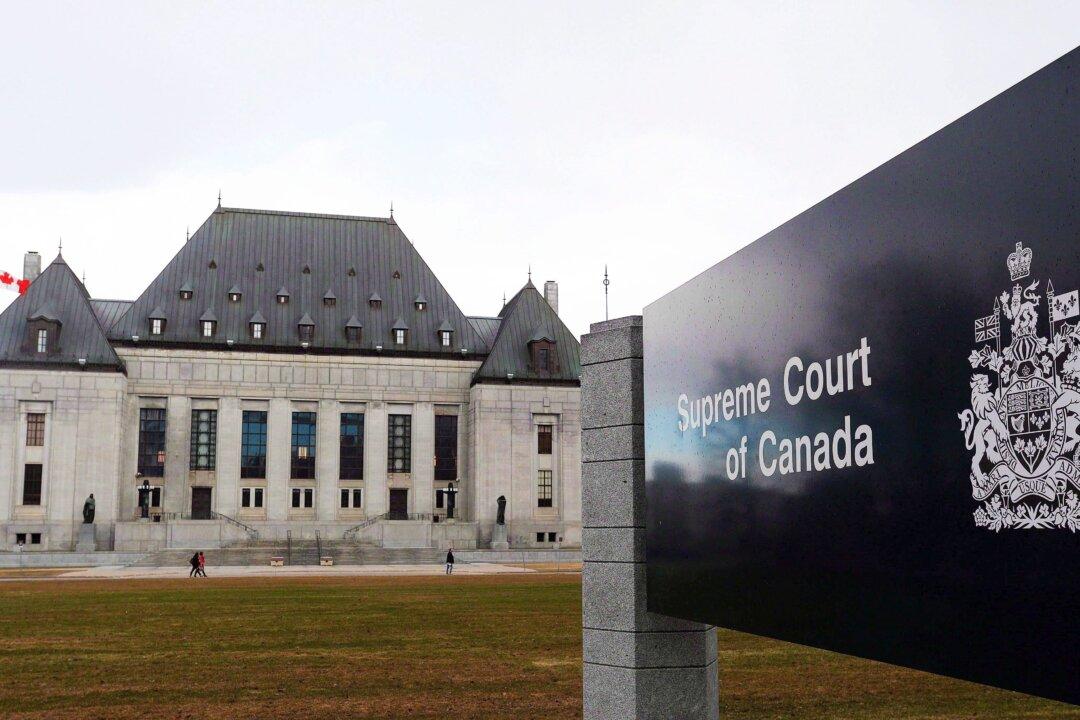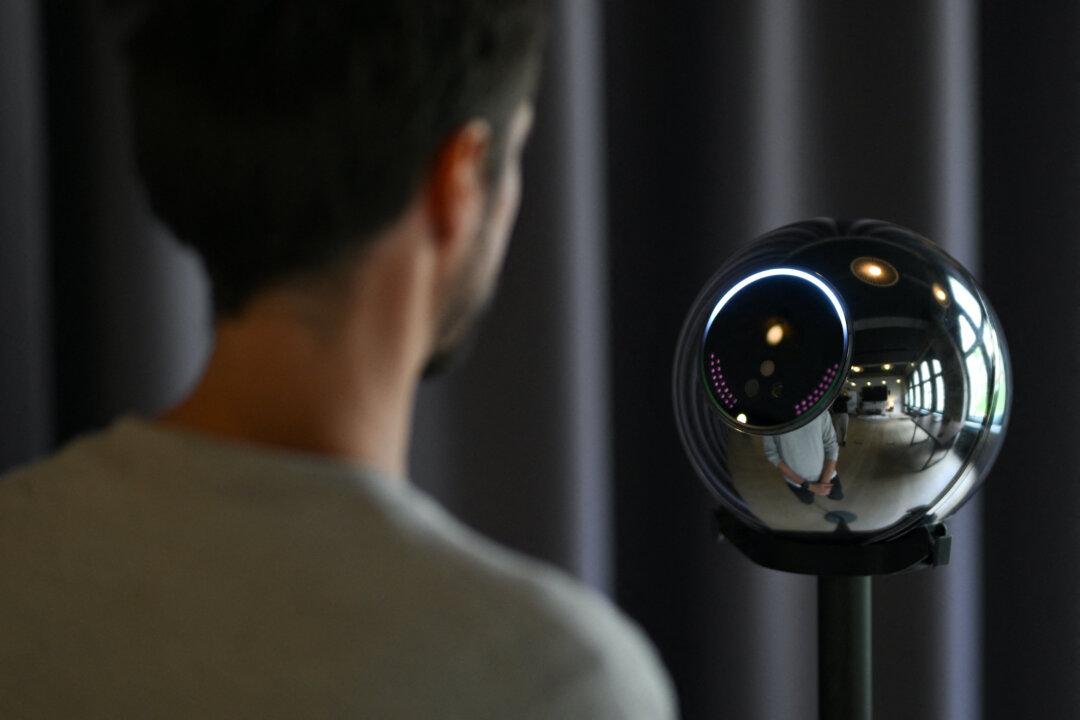Commentary
On Nov. 19, Health Canada authorized the Pfizer COVID-19 vaccine for 5- to 11-year-olds. Its decision followed in the footsteps of the U.S. Food and Drug Administration’s emergency use authorization on Oct. 29 for the same age group. Canadian public health authorities are now ramping up clinics in and near schools. Toronto Mayor John Tory has promised selfie stations, colouring sheets, stickers, and more to help children enjoy their jabs. They’re coming for your kids.
